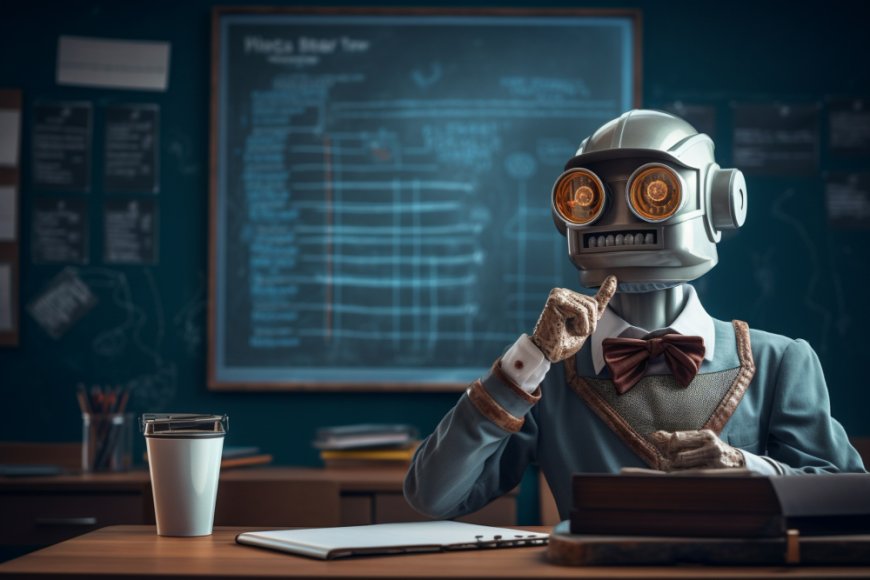Can AI Development Truly Understand Human Emotions?
This is one of the most fascinatingand often misunderstoodquestions in the world of Artificial Intelligence. AI development has advanced rapidly in recent years, but can it really understand human emotions?

The short answer: AI can recognize emotions, but it doesnt "feel" them like we do.
Lets unpack this in a human-centered way.
AI Can Detect Emotional Signals, But
AI has gotten surprisingly good at identifying emotional clues:
-
Facial recognition software can detect smiles, frowns, or eye movements.
-
Voice analysis tools can sense changes in tone or stress.
-
Natural language processing (NLP) models can pick up on words that suggest happiness, anger, or sadness.
In customer service chatbots, for example, AI can recognize when a user is frustrated by analyzing their words and suggest a polite, helpful response.
But heres the key difference:
AI doesnt experience emotions. It doesnt get happy when youre happy or sad when youre upset. It simply analyzes patterns and predicts how youre feeling based on data.
Why Does This Matter?
This distinction is important because some people mistakenly assume AI can understand or even care about emotions in a human sense. In truth, AI has no empathy or consciousnessits just responding based on programmed rules and statistical models.
However, even without true understanding, AIs ability to detect emotions can be helpful:
-
Mental health apps use AI to flag signs of depression or anxiety, prompting users to seek help.
-
AI-powered virtual assistants can adjust their responses to sound more supportive or encouraging when users seem stressed.
-
Companies use AI to analyze customer feedback and improve products or services based on emotional cues.
In these cases, AI isnt replacing human connectionbut it can help enhance it.
The Risks of Overestimating AIs Emotional Abilities
The danger lies in over-trusting AIs emotional intelligence.
If we rely too heavily on AI for emotional support, we might forget that true empathy comes from people, not machines.
AI can also reflect human biases in how it detects or interprets emotions, especially across different cultures and languages. For example, a facial expression seen as angry in one culture may not have the same meaning elsewhere.
Thats why AI systems need to be designed with care, transparency, and human oversightespecially in sensitive areas like healthcare, education, or justice.
So, Can AI Truly Understand Emotions?
The honest answer:
AI can detect emotional signals, and sometimes it can even respond appropriatelybut it doesnt understand emotions the way humans do.
What it can do is assist us in recognizing emotions more effectively, offering tools that support mental health, improve communication, and enhance human-centered services.
The future of AI and emotions isnt about replacing human empathyits about amplifying it, helping people connect and care for one another more effectively.










































